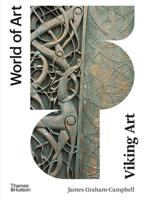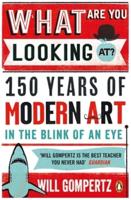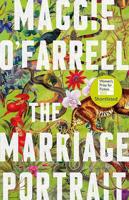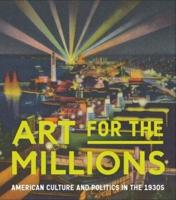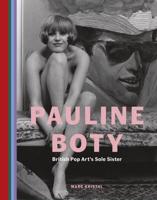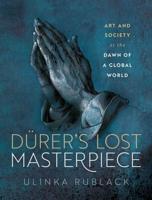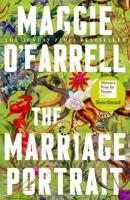Publisher's Synopsis
World-renowned for her work during the Weimar period, Hannah Hoch was a pioneer in many aspects, both artistic and cultural. She was the lone woman of the Berlin Dada movement - the riotous form of art that deconstructed sound, language, and images to re-assemble them into new objects, texts and meanings. Hoch was a pivotal force in the development of collage, paving the way for today's ubiquitous image editing techniques. A determined believer in women's rights, Hoch questioned conventional concepts of partnership, beauty and the making of art, her work presenting acute critiques of racial and social stereotypes, particularly that of her native Germany. Focusing on Hoch's collages, this book examines the artist's career from the 1920s to the 1970s, charting her oeuvre from early works influenced by fashion and mass media, through to her later compositions of lyrical abstraction. It reveals her rapid development of a personal style, which was both humorous and often moving, but also offered critical commentary on society at a time of tremendous social change. Included are essays that examine themes such as the concept of the "New Woman" and the legacy of German colonialism. Featuring international scholarship on a groundbreaking artist, this volume brings together important source texts and reference material, translated for the first time into English.


